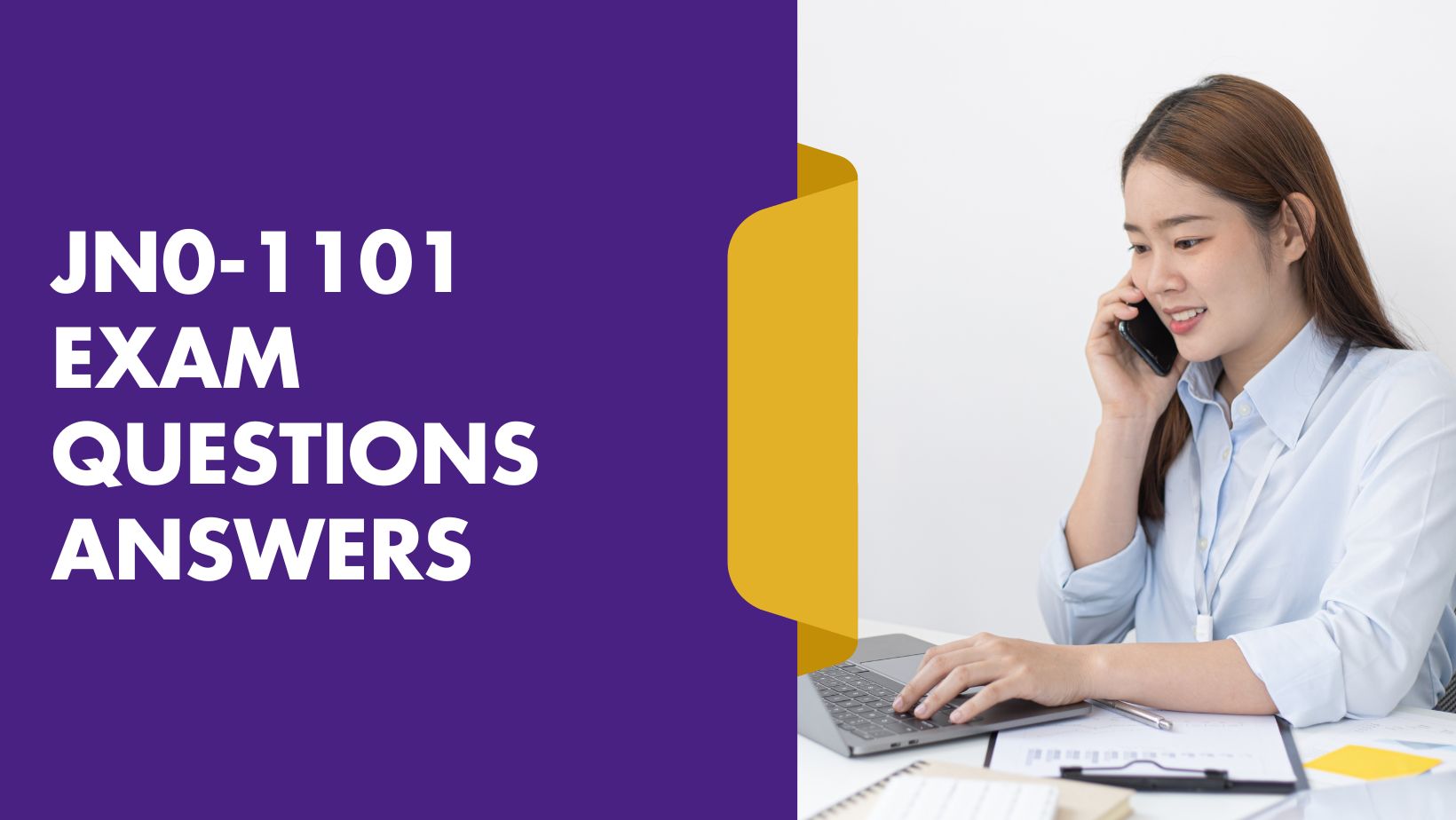Introduction
The F5 Certification is a highly respected credential in the field of IT, particularly for professionals working with F5 Networks technology, including traffic management, application delivery networks, and security solutions. Preparing for the F5 Certification Exam can be daunting, but understanding the type of questions you might face and having effective study strategies can significantly ease the process. This blog aims to guide you through the types of questions to expect on the F5 Exam Questions and offers strategies to help you prepare effectively.
Table of Contents
Understanding the F5 Exam Questions
F5 certification paths, such as the F5 Certified BIG-IP Administrator or the F5 Certified Technology Specialist, validate your skills and knowledge in managing and implementing F5 solutions. The exams are designed to test a variety of technical areas including system setup, application security, traffic management, and troubleshooting.
Are You F5 Focused?
F5 Networks offers a variety of certifications designed to validate your skills in managing their application delivery networking (ADN) products. These certifications cater to different experience levels and areas of expertise. Here’s a quick rundown of some popular F5 exams:
- F5 Certified BIG-IP Administrator: This foundational certification validates your ability to deploy, configure, and manage basic BIG-IP functionalities.
- F5 Certified BIG-IP Security Specialist: Take your BIG-IP skills to the next level by demonstrating expertise in securing your applications.
- F5 Certified BIG-IP Advanced Specialist: For experienced professionals, this exam tests your in-depth knowledge of advanced BIG-IP configuration and troubleshooting.
What to Expect on the F5 Exam Questions
F5 exams are typically computer-based and consist of multiple-choice and possibly some fill-in-the-blank questions. The specific format and content will vary depending on the chosen certification.
Here are some general tips to keep in mind:
- Know the Exam Blueprint: Familiarize yourself with the exam objectives and content areas outlined by F5. This ensures you’re focusing your studies on the right material.
- Official Resources are Gold: F5 offers a wealth of study materials, including exam guides, practice tests, and online courses. Utilize these resources to gain a comprehensive understanding of the exam content.
- Dive Deep with Third-Party Resources: Supplement your official F5 materials with books, practice questions, and video tutorials from reputable vendors.
- Practice Makes Perfect: Take advantage of practice exams to identify your strengths and weaknesses. This allows you to focus your studying on areas that need improvement.
- Don’t Forget the Labs: Hands-on experience is crucial for success. F5 offers labs or explore virtual labs to solidify your practical skills.

Types of Questions on the F5 Exam
- Multiple Choice Questions (MCQs): These require you to select the correct answer(s) from several options. These questions test your knowledge of facts, processes, and understanding of F5 technologies.
- Drag and Drop Questions: These assess your ability to recognize and organize components into the correct sequence or placement. They are commonly used to test configuration steps or the correct order of operations.
- Scenario-Based Questions: These provide a scenario or a case study and ask you to apply your knowledge to solve specific problems. These questions evaluate your practical skills and your ability to apply theoretical knowledge in real-world situations.
- Fill-in-the-Blank Questions: Less common, but important, these require you to provide the correct term or command that completes a statement or command line.
Demystifying the F5 Exam Format
F5 Exam Questions are typically computer-based and consist primarily of multiple-choice questions. Depending on the chosen certification, there might be a limited number of fill-in-the-blank questions as well. The specific format, question count, and allotted time will vary based on the exam level. Here’s a breakdown of some key elements to consider:
- Number of Questions: The number of questions can range from 50 to 100, with higher-level exams typically having more questions.
- Time Allotment: The exam duration can vary from 90 minutes to 120 minutes, with more complex exams requiring more time.
- Question Style: The majority of questions will be multiple-choice, with answer choices ranging from four to six options. Each question will test your understanding of a specific concept or task related to BIG-IP configuration, management, or security (depending on the chosen certification).
Exam Preparation Strategies
- Official Study Materials: Begin with materials provided by F5 Networks, including course texts, webinars, and the F5 Certification Study Guide. These materials are tailored to cover all the domains and knowledge areas tested in the exam.
- Practical Experience: Hands-on experience is invaluable. Utilize F5 products in a lab environment to practice configuration and troubleshooting tasks. Familiarity with the actual tools and interfaces significantly boosts your confidence and understanding.
- Online Forums and Study Groups: Join communities and forums where other F5 certification aspirants and holders discuss the exam. These platforms are excellent for exchanging study tips, clarifying doubts, and learning from the experiences of others.
- Practice Tests: Regularly taking practice exams can help assess your readiness for the actual test. These tests mirror the format of the real exam and help you get accustomed to the timing and pressure.
Commonly Asked Areas in the F5 Exam Guide
- Basic Network Standards and Protocols
- Traffic Management Configuration
- Application Delivery Platforms and Their Components
- Security Features and Policies
- Troubleshooting Techniques and Tools
Tips for the Day Before the Exam
- Review Key Concepts: Instead of trying to cram, review your notes on key concepts and problem areas.
- Relax and Rest: A good night’s sleep before the exam day is crucial. Being well-rested helps you focus and perform better.
- Prepare Your Documentation: Ensure you have all necessary IDs and documents ready for the exam day to avoid last-minute stress.
Building a Solid Foundation for Success Effective F5 Exam Preparation
Conquering the F5 Exam Questions requires a strategic and well-rounded approach to studying. Here are some effective preparation techniques to maximize your chances of success:
- Embrace the Official Resources: F5 offers a wealth of valuable resources specifically designed to equip you for their exams. This includes:
- Exam Guides: These comprehensive guides outline the exam objectives, content areas, and sample questions. Utilize them to understand the specific knowledge and skills tested in your chosen exam.
- Practice Tests: Official practice tests mimic the actual exam format and difficulty level. Taking these tests allows you to assess your knowledge retention, identify areas needing improvement, and familiarize yourself with the question style.
- Online Courses: F5 offers online courses designed to prepare you for specific certifications. These courses delve deeper into the exam content and provide interactive learning experiences.
Conclusion
The F5 Certification Exam is a challenging but achievable milestone. With thorough preparation, a good understanding of the exam format, and the right study resources, you can not only pass the exam but excel at it. Remember, the key to success in the F5 Exam Questions lies in a balanced approach combining theoretical study with practical experience.
Call to Action
Are you gearing up for the F5 Exam Questions? Share this guide with peers who are also on the journey towards F5 Certification. Together, you can support each other’s learning process and increase your chances of success. Good luck!






